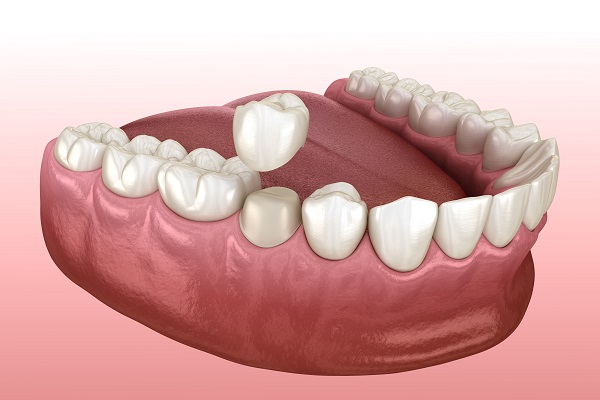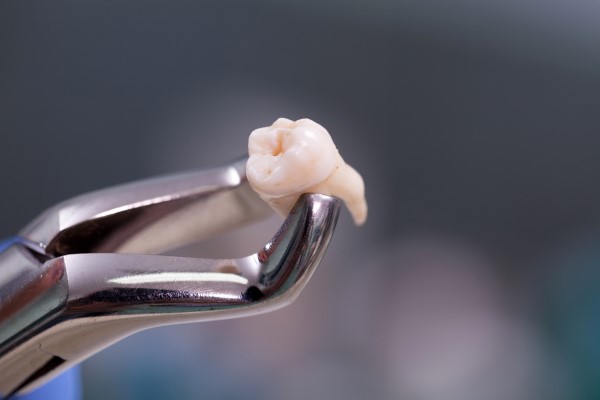Dental Crowns to Protect Your Tooth

If you've been told you need dental crowns or want to know more about them, here's an explanation of what they are and how they're used to protect your tooth from damage caused by decay, injury, or other factors. The following article provides some information about the materials used to make crowns and their benefits over different types of dental restorations.
What are dental crowns?
A crown is a covering that surrounds and protects a damaged tooth. Crowns can be made of porcelain, gold, or other material (depending on your needs) and are bonded onto your tooth. In addition to being highly effective at protecting your teeth from further damage, it also strengthens weakened teeth.
How do they protect your tooth?
Crowns protect teeth by covering and strengthening weak, damaged, or injured teeth. A crown is a custom-made cap that fits over your tooth, helping prevent further deterioration. It's like a protective hat for your tooth!
What material is used to make them?
Crowns are made from porcelain and metal alloys such as zirconia, gold, and silver. These metals are usually covered in resin and shaped into place by taking an impression of your natural teeth and sending it off for processing with dentists' equipment that uses pressurized air technology.
Porcelain and metal alloys used in dental crowns are usually covered in resin colored with pigments. The color can range from natural tooth colors like white and pink to blue or black.
What are the benefits?
Crowns allow you to keep your natural teeth for as long as possible. Crowns can cover any part of a tooth, from just the root and top to an entire chewing surface. In addition, some crowns are strong enough to be used in place of several natural teeth. The biggest benefit of a crown is that they are strong enough to last many years and protect your natural teeth from additional decay or trauma. Plus, they look just like your natural teeth!
Will I need more than one visit to get my crown?
Depending on your situation and the materials used, more than one visit may be necessary. The first one is an impression appointment where your dentist will take a mold of your mouth and teeth so that they can create your new crown later. If you go with a traditional dental lab route, it could take multiple weeks for your permanent crown to be finished before you come back for a second appointment. Your dentist will file down any rough edges and fit them into place permanently.
Contact your dentist
Consult your dentist before your procedure to know what materials are used and the expected timeline. Both factors will affect the price you'll be paying. Be prepared to ask questions to ensure that you have a clear understanding of the treatment plan moving forward.
Request an appointment here: https://newyorkdmd.com or call New York DMD at (917) 284-9680 for an appointment in our New York office.
Recent Posts
If you have a missing tooth, especially one that is hidden from everyone when you speak or smile, you may want to waive it aside. However, a front tooth is visible and gets plenty of attention when you open your mouth. Regardless of the position of the missing tooth, failing to replace it may have…
Dental crowns are common treatments used to fully restore teeth. Restoring damaged teeth can be done in several ways, depending on the severity of the damage or decay. One of the most popular ways that this is done is through dental crown placement.Here is a quick overview of dental crowns and how they are used…
Dental crowns are a versatile restoration option that general dentists recommend to individuals who have teeth that are in bad shape. As modern-day dentistry has evolved, more and more people are exploring the different available options. When looking into different restoration options, it can be helpful to become familiar with what dental crowns have to…
Same day implant supported dentures are a great way to replace missing teeth without having to wait months for osseointegration to take place. There are pros and cons to same day implant supported dentures that patients should understand before beginning treatment, which we discuss in this review.Many patients avoid teeth replacement procedures involving implants because…


